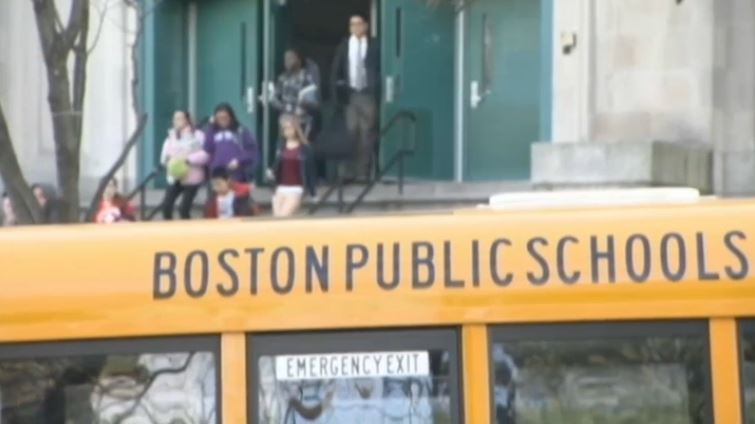
More than half of Boston Public Schools' English Learners Task Force have resigned in protest over a plan to place students who are learning to speak English into general education classrooms where English is the primary language, they said Tuesday.
Those students will still receive English as a Second Language, or ESL, services but will not have access to instruction in their native language in core subjects, the group of eight task force members said in a letter to BPS administrators and shared with NBC10 Boston.
That plan marks "a clear move away from expanding access to instruction in the students' native languages and highlights a fundamental divide between EL Task Force leaders and BPS leaders that we no longer feel can be bridged," the task force members wrote in their letter on Tuesday.
The resignations which include co-chair Suzanne Lee, the former principal of Boston's Josiah Quincy Elementary School.
Get New England news, weather forecasts and entertainment stories to your inbox. Sign up for NECN newsletters.
"We thank the members for their years of service and deeply appreciate their advocacy for Boston's multilingual students. From decades of data and based on DESE's guidance, it is all too clear that the status quo is not working for our multilingual learners," Max Baker, a spokesperson for Boston Public Schools, said in a statement to NBC10 Boston. "Our District is committed to adopting inclusive practices so that multilingual students have access to native language services, and receive their required services, while also engaging in learning alongside their peers. Our Inclusive Education Plan is the roadmap for making these long-overdue systemic changes, and we look forward to continuing this work alongside our families, educators, students, and community partners.
The English Language Learner Task Force was created in 2009 to guide administrators on how to educate students who don't speak English at home. It had 14 members as of September 2022.



